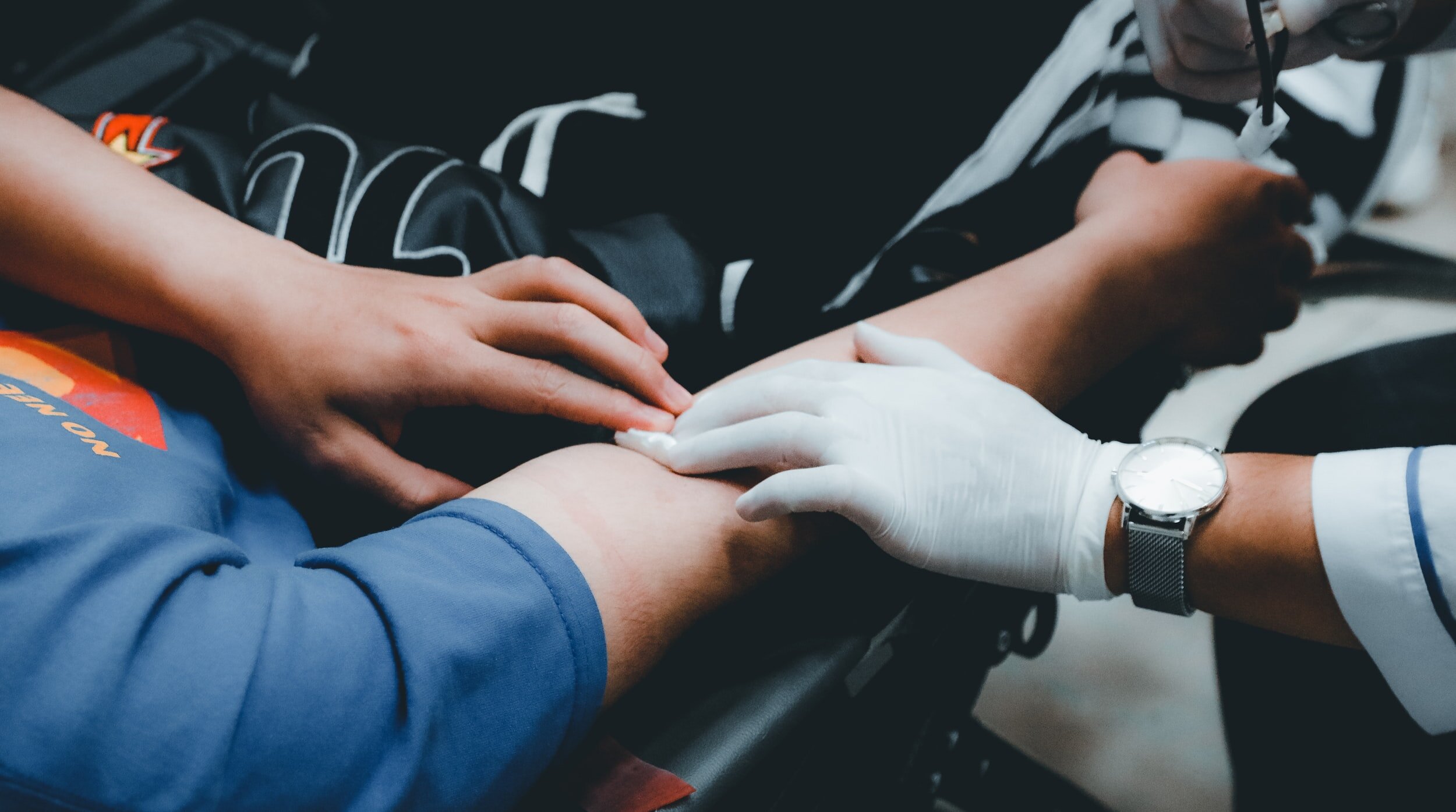Important Facts You Should Know for World Blood Donor Day
by Dan Galanto
World Blood Donor Day is on June 14th, and as we all know, blood is essential for life, and there are a fair amount of medical conditions that require frequent transfusions, including leukemia, certain infections, anemia, and hemophilia.
Unlike knee replacements, blood cannot be man-made and requires eligible donors to provide their own blood instead. And unlike kidney or liver transplants, the donor does not have to undergo invasive surgery and a rehabilitation phase in order to donate.
Given the overwhelming demand for blood and the ease of donating, this is one of the simplest ways to help out your community in need.
“Different people have different types of blood: AB, A, B, and O, and each type has an additional Rh factor of positive or negative, creating eight main categories of blood. ”
Different people have different types of blood: AB, A, B, and O, and each type has an additional Rh factor of positive or negative, creating eight main categories of blood. With each category comes usefulness. For example, O negative (O-) is a universal donor, and if you are O- you should consider donating red blood cells. Every blood type can use O- as it supplies a high concentration of the component of blood that is the most useful.
However, if you’re blood type AB, you might want to consider donating plasma or platelets since you can do it so frequently. In any case, the classic whole blood donation is an excellent first step; it’s quick, easy and you don’t have to be confused by what blood type you have or don’t have.
Eligibility
There’s a fairly comprehensive screening process to be eligible for giving blood. Some people automatically disqualified if they’re taking certain medications or have been exposed to areas that would potentially make their blood harmful to the patient receiving it.
There are also criteria like height, weight, and iron levels, that protect the donor. If your iron levels are too low on the day you decide to donate, the donation center may refuse your donation as it would put you at risk of fainting or feeling ill the rest of the day.
What to expect:
Depending on where and what you donate your experience may be different. Typically, donors are asked to have plenty of fluids and avoid aspirin, blood thinners, or anticoagulants 24 to 48 hours before your appointment. Eating a meal high in iron and other nutrients is highly recommended as well.
The day of your appointment you will be asked a series of questions about your eligibility. It’s important to answer these questions correctly and honestly.
Blood is necessary to sustain life. If the individual receiving the blood cannot tolerate it for some reason, it could potentially be fatal to them.
It’s normal for donation centers to be picky about the blood they collect since the people who received blood already have at least one potentially fatal condition that requires them to need a transfusion(s). You wouldn’t want to put anything in them that would create more issues.
“One of the best places to give blood is at your local hospital. Live-saving treatment is not cheap, and if you’re able to donate blood to a facility in need, you will be able to cut out the extra costs associated with third-party collection, storage, and transportation. ”
Where to give
One of the best places to give blood is at your local hospital. Live-saving treatment is not cheap, and if you’re able to donate blood to a facility in need, you will be able to cut out the extra costs associated with third-party collection, storage, and transportation.
Blood components have a shelf life ranging from five days for platelets to over a month for red blood cells, keeping the demand for blood high and fast turnover critical for emergency treatment. Cutting out third parties speeds this process along.
This isn’t to say donating to blood banks or donation centers is something to be avoided. If there isn’t a drastic demand for blood in your area, nonprofits like the American Red Cross can store and ship your blood to where it can have the greatest impact.
Last note
Blood is always in a shortage and technology cannot replicate it. For most people donating whole blood, it’s an hour out of your day every 56 days. That’s just six hours a year to potentially save 18 lives.
With (COVID) precautions still in place, it’s challenging to get an appointment with some blood donation services, but the need is still high. The lack of available appointments is due to lower donor capacity, not the volume of donors.
This June 14th, please consider donating blood at your local hospital or blood donation service center. The main reason for donating should be for the good it does for the community, but you also get a mini-physical, maybe a gift card, and get to know what blood type you have. On a personal note, I do it for the fruit snacks.
Dan is a current epidemiologist, ACSM CPT workshop instructor, author of A Big Distraction, and has held various fitness certificates dating back to 2007. Currently, he is a certified exercise physiologist (EP-C) through ACSM with the Exercise is Medicine credential. Dan’s professional emphasis is disease prevention through exercise and self-efficacy.
To promote this stance, Dan started a Youtube Channel to teach people how to do something they may have never thought they could do and answer fitness questions that are commonly asked


